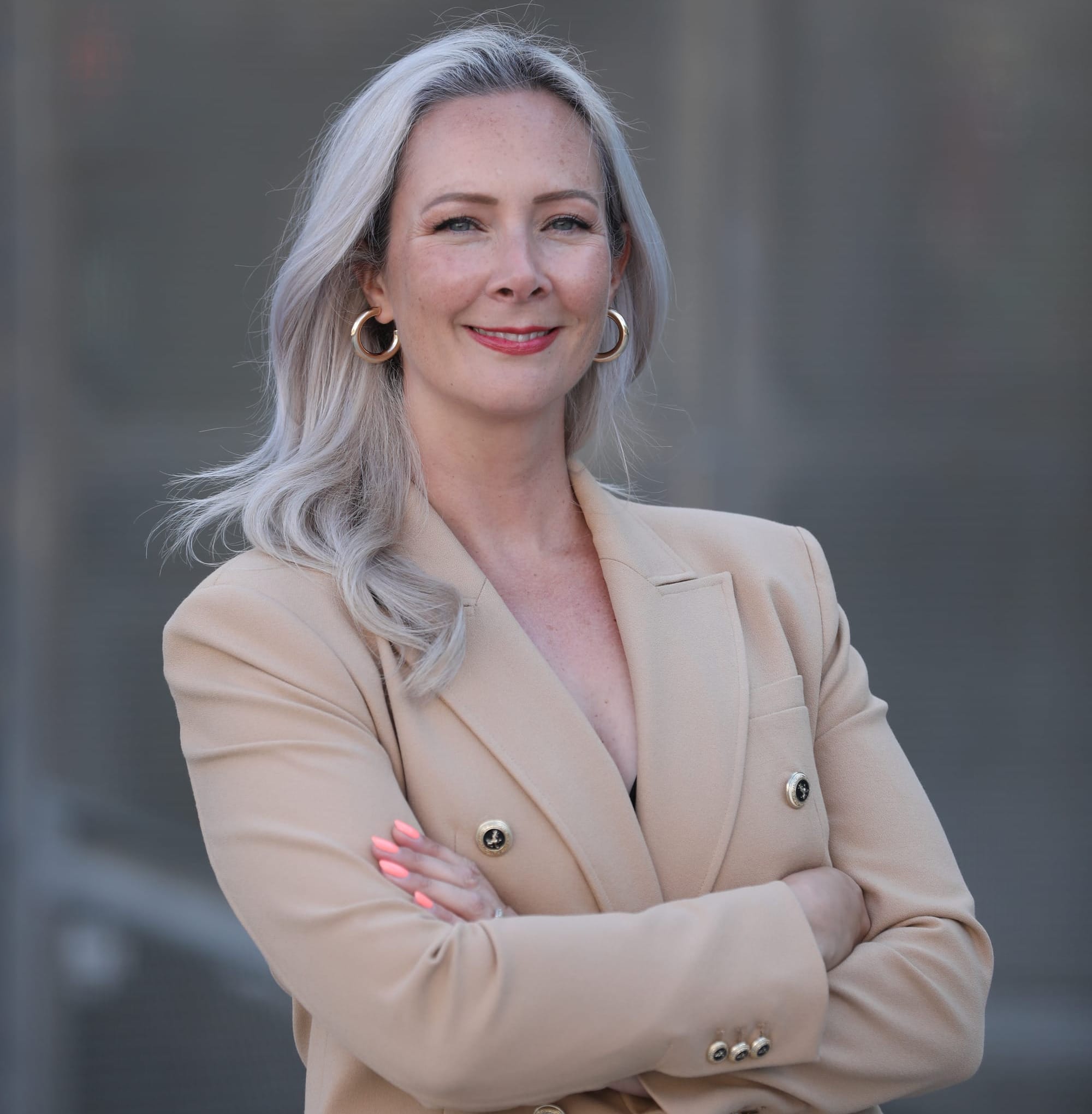v3.8: You can’t mistake our cyberpsychology

We’ve played armchair cyberpsychologist enough on this podcast: it’s time to bring in an expert. And so we spent this entire episode talking to Dr Nicola Fox Hamilton.
Nicola is a lecturer in cyberpsychology at the Institute of Art, Design and Technology, and a frequent commenter on all things cyberpsychology in lots of media. In fact, she has spoken about it before to Jenny and to Elaine separately, and she has even been mentioned on the pod before, in our episode on sex-tech, because of her research into the cyberpsychology of online dating.

In this episode, Nicola explains the broad reaches of cyberpsychology and takes us through the good, the bad and the ugly parts of being so technologically connected. And there are many good parts! Remember how the In Her Shoes social media accounts helped share personal experiences anonymously during the Repeal movement? ✊
Technology, for better and for worse, exists in the real world, and some of our IRL behaviours are even shaped by the existence of tech such as the internet and social media. There are big questions there in term of both ethics and etiquette. Like, for example, filming or photographing people in public spaces so you can share it online. (Sinéad Burke, who Nicola mentions speaking about being unwillingly filmed in public, is a disability rights activist and founder of Tilting the Lens.)
And what you share online can transform your life – again, for good or for bad. Remember the story of Justine Sacco, who made a tasteless joke on Twitter before a flight and had lost her job before she landed? ✈️ Very much a 21st-century cautionary tale. (And for more on the online pile-on phenomenon we recommend reading Jon Ronson’s So You’ve Been Publicly Shamed.)
And then there’s the other hot tech topic du jour: our so-called addiction to it. Nicola prefers to frame this as “problematic use”, seeing as addiction is a specific clinical term, and she stresses the fact that not all tech use is patently bad or unhealthy.
Part of the responsibility for our misunderstanding here lies at the media’s doorstep, with scaremongering headlines such as ‘Children are tech addicts – and schools are the pushers’ becoming all too commonplace. 📰
Technology is even being blamed for rampant anxiety and mental health issues but have you seen what’s happening in the world today? And the many, many crises we are exposed to and aware of as a globalised society? We’re with Nicola when she says being anxious is a sane response to an insane world.
And it’s worth noting that, when it comes to the kids, the reasons they are experiencing mental health issues are often far more complex than their online use, and there are major, systemic challenges that cannot be helped by things like warning labels for social media (a literal sticking-plaster solution if we ever saw one). 🩹
What would really help is large-scale investment in mental health services. So let’s hear more about what the Irish government can to do to reform their “largely non-existent” Child and Adolescent Mental Health Services (CAMHS) before they start jumping on that bandwagon, please.
Want to hear more?
If you enjoyed this episode of For Tech’s Sake then there are others you may also want to check out, as good companions to some of the themes discussed here:
🔀 We spoke all about how algorithms shape our online lives with AI researcher Megan Nyhan
👶🏻 We got early childhood education expert Paula Walshe to weigh in on the moral panic regarding technology and kids
👧🏻 Last season, child and adolescent psychotherapist Dr Colman Noctor gave advice on how to help kids to use tech responsibly
🍆 And the first time we mentioned Nicola’s research was in our sex-tech episode with Dr Caroline West
Next week, we’ll have a special bonus episode exclusive for HeadStuff+ Community members, so if you really want to hear from us every week, you’ll have to become a member here.

